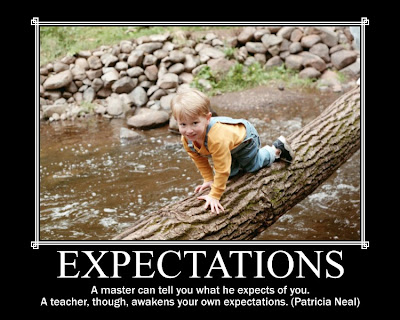MnSCU Online Course Definitions - Part Two
Part one examined the confusion about what is and what isn't a traditional classroom course. Part two will take a look at what is a hybrid or blended course. Part three (coming soon) will look at the new ideas about what is an online course. Within MnSCU, media code 09 has been used for many years to represent those courses that fall into the following description: 1. Course blends online and face-to-face delivery. 2. Some of the content is delivered online. 3. More than two class sessions face-to-face. 4. Reduced classroom seat time. 5. Also know as "web-enhanced." One reason for differentiating between an online course and a blended course is the special $5 per credit Minnesota Online fee. If a course is coded as an online course it will include a $5 per credit surcharge that is used to partially fund the budget for Minnesota Online. This budget is used to pay for the IMS (D2L) licensing and support costs, a state-wide D2L help desk (which we don't use at my school...




